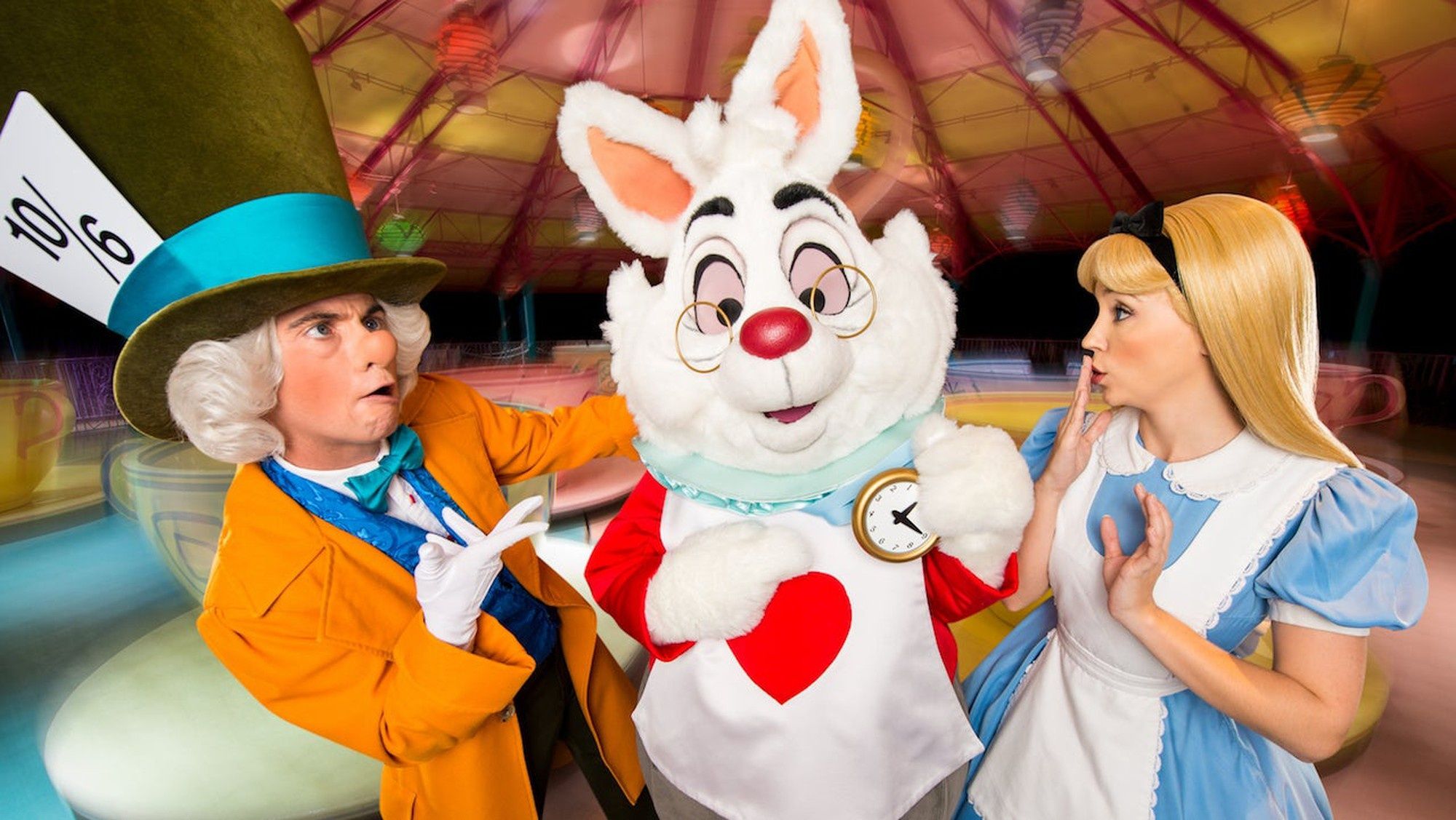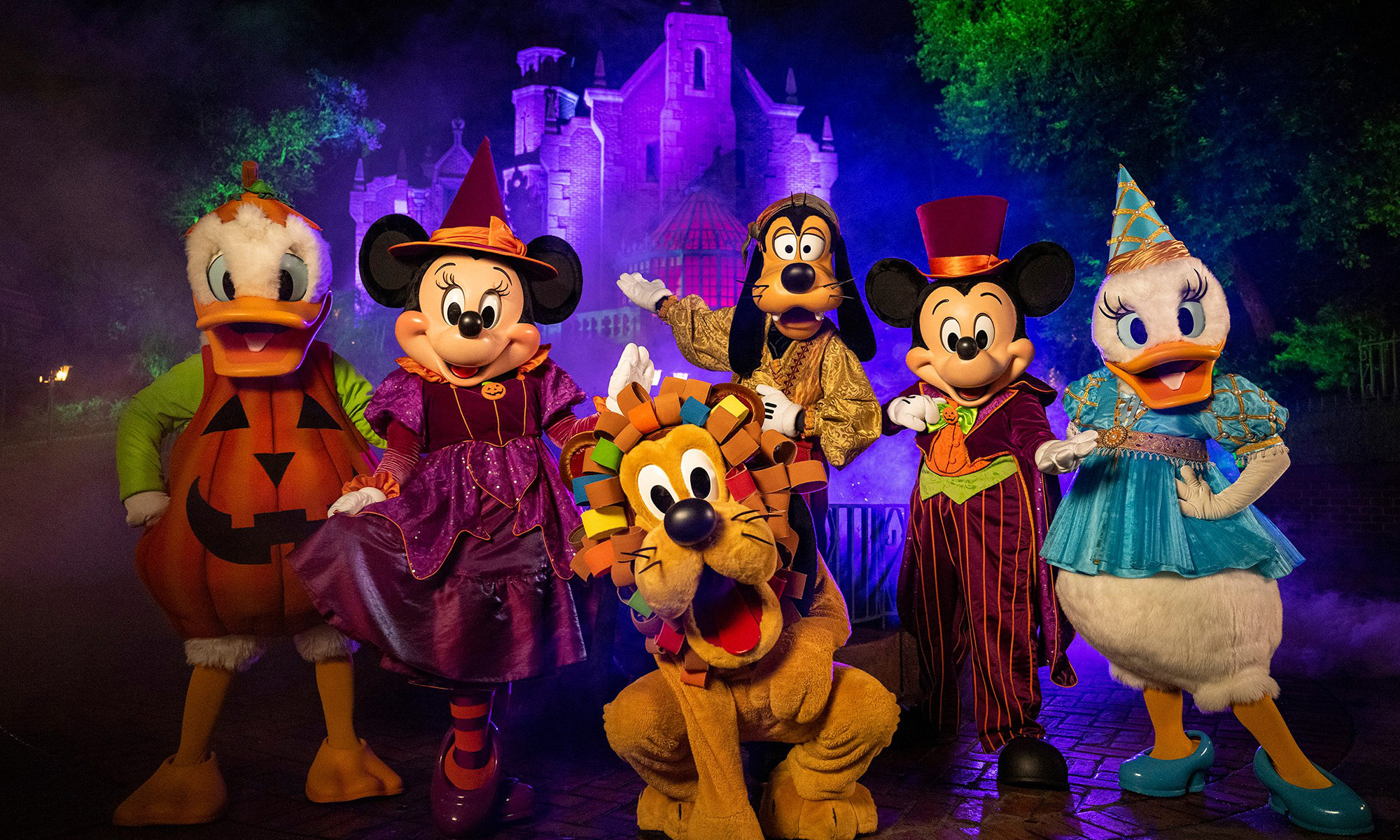
Another Wall Street pro has lost that loving feeling when it comes to Walt Disney (DIS 2.64%). Wells Fargo analyst Marci Ryvicker downgraded the stock yesterday, taking her rating from the bullish "outperform" to the neutral "market perform" and slashing her price target from $119 to $112.
Her concern is similar to what bugged Jefferies when it downgraded the stock the day after its quarterly report earlier this month. Cord cutting is real, and it's going to leave a dent in all companies with heavy media interests.
There's no doubt that Disney benefits from a vibrant pay TV ecosystem. Beyond the obvious ESPN and Disney Channel that are largely at the mercy of subscriber tallies of cable and satellite television providers, Disney also has ABC Family, Disney XD, Disney Junior, and lesser ESPN channels that are shoehorned into pay TV packages.
Pardon the interruption
ESPN is special. The immediacy of live sports is something that can't be easily substituted for by the leading streaming platforms. If there's any cable property that could survive as a standalone streaming service, it would have to be ESPN. In a few years -- if not sooner -- it wouldn't be a surprise to find that most homes of millennials are just fine on Netflix (NFLX 0.06%) and ESPN.
This doesn't mean ESPN isn't risky, and it was why the stock took a big hit after its earnings report two weeks ago. Disney confirmed that ESPN did lose subscribers during its fiscal third quarter, and it didn't sound as if that was going to reverse itself back into positive territory anytime soon.
Industry researcher SNL Kagan reported last year that $6.04 out of every cable bill goes to pay for ESPN. It's by far the most expensive network, four times higher than the second priciest non-premium channel (TNT at $1.48, if you're curious) and substantially higher more than the median channel cost of $0.14. ESPN2 is no slouch at $0.74.
You might be willing to pay $7 a month for ESPN and ESPN2 if you kissed your cable provider goodbye, but a lot of people won't bother, so that changes things. Would you pay $20 a month for ESPN? You would have to if just one of three cord cutters did to give Disney the same flexibility that it has now to justify its costly programming deals. Those contracts with the NFL, NBA, and other pro and college leagues nudge higher with every passing year, explaining why SNL Kagan is estimating that ESPN will account for $8.38 out of every cable bill by 2018.
That's why the same analysts who were all gung-ho about Disney -- pushing the stock to all-time highs this summer in anticipation of Star Wars: Episode VII and record theme-park attendance -- are now starting to get cold feet. Media networks accounted for 56% of Disney's operating profit last year, and that makes the ratings slip at ABC and fewer subscribers for ESPN a scary scenario.
And they all lived happily ever after
The problem with following the pros into bearish hibernation is that Disney is probably the media company best suited to withstand the cord-cutting revolution. The Pixar, Marvel, and more recently Lucasfilm acquisitions fortify not just its box-office chances, but also what the rich characters in all three of those purchases bring to Disney's theme parks, cruise ships, consumer products, and even expanded relationships with the leading streaming services that are wooing cost-cutting millennials.
The math can still work in Disney's favor. In fact, Wells Fargo's Ryvicker, in her downgrade, still managed to take her estimates for fiscal 2016 higher. There's more than enough at Disney to offset the likely lull and possible slow fade at some of the properties of its media networks subsidiary.
Content isn't dead. There's a reason even the corner multiplex, long thought to be dead in today's climate of binge viewing at home on high-def TVs, is experiencing a renaissance with a big bounce in box office sales this summer. It may not be cool to own Disney these days, but when even bears are giving out mixed signals in their downgrades it's time to start viewing this as a buying opportunity.






